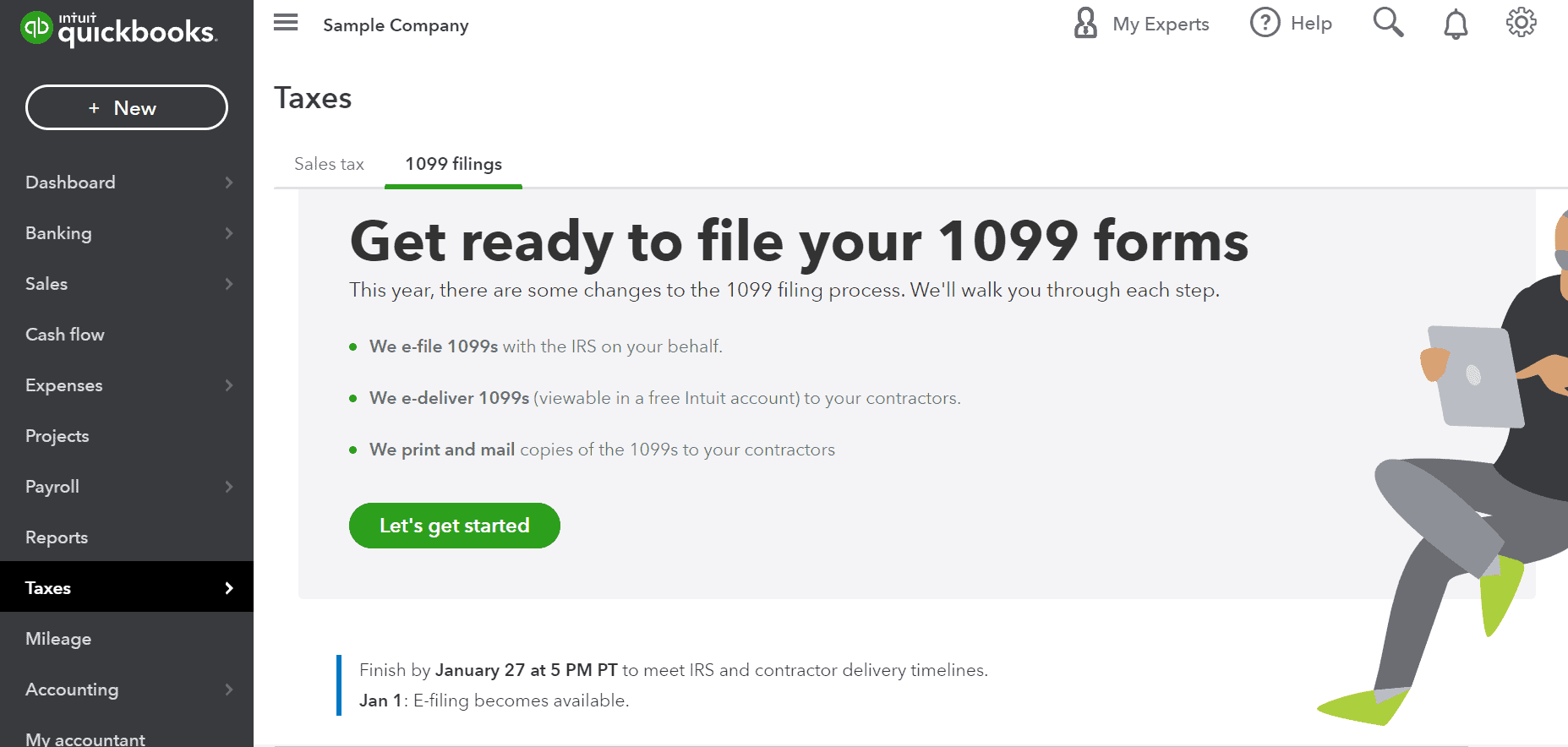


Individuals can use a fillable form at IRS.gov, then print and attach the form to their paper return and mail according to instructions. Taxpayers should complete IRS Form 14039, Identity Theft Affidavit PDF, if an e-file tax return rejects because of a duplicate filing under their SSN or they are instructed to do so by the IRS.Individuals should respond immediately to any IRS notice call the number provided.

If that happens to you, the IRS has the following tips: If your identity has been stolen in a tax-related scam, you may not find out until you file a tax return and learn that someone already used your Social Security number to file for a fraudulent refund. The IRS warns not to click on any links or open attachments from suspicious messages, and document any suspicious texts or emails by sending details and screenshots to You can find more information on the Report Phishing and Online Scams page at IRS.gov. Beware of caller ID numbers, because they can be spoofed – some crooks may even use a number tied to an IRS office. The IRS also reminds taxpayers that they don’t ever ask for personal or financial information by email or leave pre-recorded, urgent or threatening voice messages. If you receive that form and aren’t sure why, you should report it to the issuing agency and request a corrected form. If criminals use your identity to file for benefits, the taxable money will trigger a state-issued Form 1099-G. The IRS says there has been a “surge” in organized crime rings using stolen identities to steal unemployment benefits. “Watching out for these common scams can keep people from becoming victims of identity theft and protect their sensitive personal information that can be used to file tax returns and steal refunds.” Unemployment scams “With filing season underway, this is a prime period for identity thieves to hit people with realistic-looking emails and texts about their tax returns and refunds,” said IRS Commissioner Chuck Rettig. (NEXSTAR) – Tax time can be painful enough for many of us, but the Internal Revenue Service warned Thursday of some common scams that can make it even worse.Īnyone who’s answered calls from unknown numbers knows that scammers work year-round, but during tax time there’s an additional threat to your hard-earned cash – IRS impersonators.Īlong with the usual text, email and phone scams, the IRS says people should be especially wary of possible unemployment fraud this year.


 0 kommentar(er)
0 kommentar(er)
